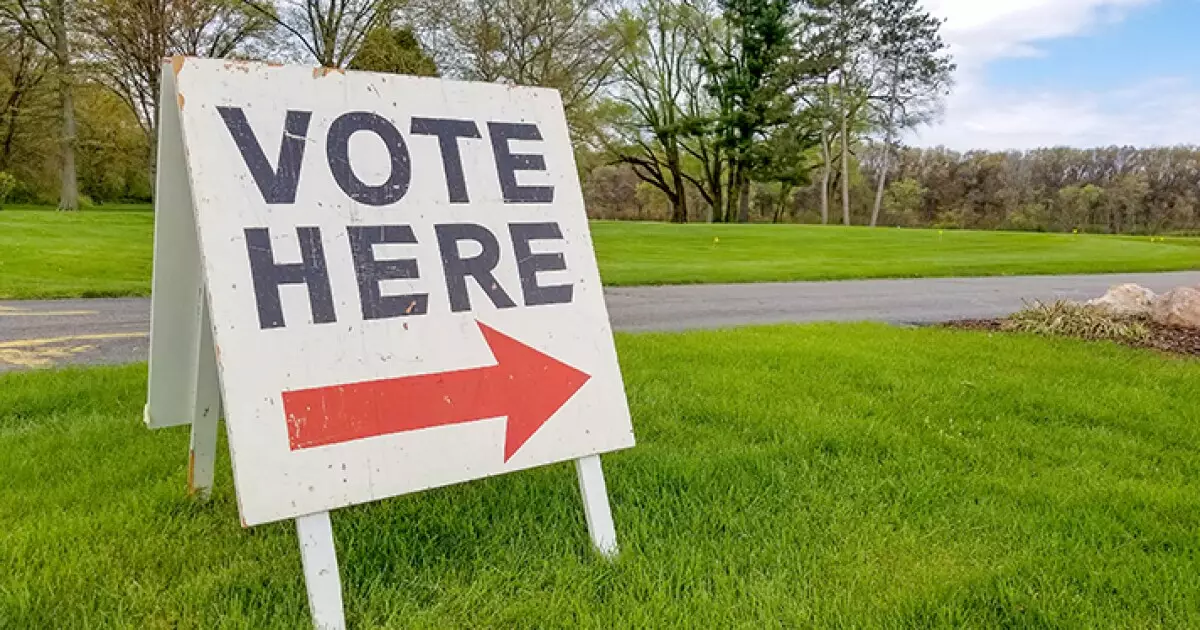The legislative climate in Texas is shifting, with potential new requirements that could significantly affect how local governments and school districts manage tax rates and bond issues. In a recent address, Governor Greg Abbott outlined a vision for ensuring that local taxation remains within bounds, emphasizing the need for voter approval to prevent excessive tax hikes. As the state’s population booms, the delicate balance between infrastructure funding and budgetary constraints is becoming increasingly precarious.
Governor Abbott’s Proposal
During his State of the State address, Governor Greg Abbott called for a restructuring of how local tax increases and bond propositions are approved. His guidelines propose transitioning from a simple majority to a two-thirds supermajority vote for these financial measures. Furthermore, Abbott seeks to limit elections pertaining to tax increases and bonds to the November ballot only, eliminating opportunities for local votes in May. This approach aims to curb instances of local governments bypassing voter consent—an issue highlighted by recent actions in Harris County, which allegedly exploited a disaster declaration loophole to raise property tax rates without public approval.
Abbott’s proposed changes may stem from a broader agenda related to the anticipated expansion of a property tax relief package approved in 2023, reportedly aimed at augmenting relief by an additional $10 billion in the current legislative session. His insistence on tighter regulations reflects an underlying concern that local authorities might use loopholes to undermine state tax relief efforts.
The Reaction from Local Lawmakers
The response to Abbott’s proposal has been varied among lawmakers, illustrating the divide on how best to manage fiscal responsibilities. Republican Lieutenant Governor Dan Patrick has indicated that the Senate is prepared to prioritize the supermajority requirement as an emergency item. However, some lawmakers, like State Senator Paul Bettencourt, have voiced skepticism about the viability of such a move. Bettencourt argues that increasing the voter threshold might impose too severe a burden on elected officials, particularly those representing areas that are already economically strapped.
The discussions have intensified as the Texas Senate narrowed down a bill mandating a 66.67% voter approval for tax increases and bond propositions. In addition, proposals to lower the ratification threshold for general obligation bonds to 60% have surfaced, signaling disagreements on the best method for securing local funding while keeping constituent engagement in mind.
Texas has witnessed remarkable population growth—over 9 million new residents in just over two decades, making it the second state to surpass 30 million. Such rapid expansion stresses infrastructure and public services, making the tension between local government’s need for funding and the proposed restrictions all the more pronounced. Concerns have been raised by figures like Kevin Brown, executive director of the Texas Association of School Administrators, who highlights that many districts already struggle to pass bond measures. A supermajority requirement could render such efforts nearly impossible, creating dire consequences for districts tasked with accommodating rising student populations and aging infrastructure.
Ajay Thomas of FHN Financial has also noted that increasing the threshold for voter approval will add another layer of complexity for fast-growing communities, impacting their ability to maintain and improve public services. The ramifications may not only hinder specific projects but could ultimately lead to a longer-term decline in service quality across these rapidly changing municipalities.
Potential Financial Impacts
Analysts are already expressing concerns regarding the fiscal health of Texas public schools. S&P Global Ratings has warned of possible credit deterioration for Texas schools in the coming fiscal years if revenue issues remain unaddressed. Factors such as inflationary pressures and limited growth in local revenues have contributed to an increasingly precarious financial landscape. With the expectation of continued budgetary pressure, school districts may face even greater struggles to maintain their operational capabilities amidst potential revenue caps.
The impact of these proposed laws extends beyond just education; major cities like Houston are feeling similar budgetary strains. The local administration has been compelled to pursue increased efficiency in services to advocate for a revenue hike amidst rising structural budget deficits. Shrinking reserves have led to revisions in fiscal outlooks by major credit rating agencies, raising alarms about the cities’ capabilities to sustain public services.
As Texas lawmakers delve into these complex financial discussions, the overarching question hangs in the balance: how can Texas protect its rapid growth while ensuring that local governments have the necessary tools to finance essential services? While the intentions behind the proposed supermajority voting requirements reflect a desire to safeguard taxpayers from unchecked local taxation, the fallout could be detrimental to communities across the state. The necessity of a sustainable approach to funding amidst mounting growth pressures cannot be overstated. Ongoing legislative efforts will need to strike a careful balance, addressing the immediate needs for infrastructure improvement and maintaining fiscal responsibility.

